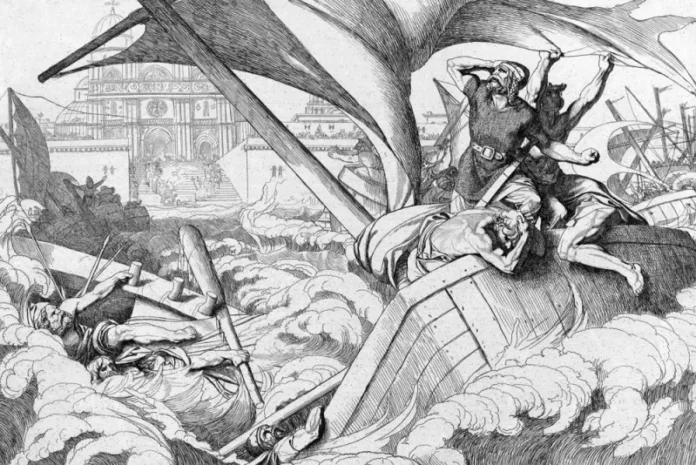Author: Kristaps Andrejsons
Affiliation: Journalist in Latvia, and Creator of the Eastern Border Podcast
Organization/Publisher: Foreign Policy
Date/Place: February 6, 2022/USA
Word Count: 1906
Link: https://foreignpolicy.com/2022/02/06/russia-and-ukraine-are-trapped-in-medieval-myths/
Keywords: Ukraine, Russia, Kremlin, Constantinople, Putin, and Soviet Socialist Republic
Brief:
This Ukraine situation has several economic and security implications. On July 12, 2021, a piece titled “On the Historical Unity of Russians and Ukrainians” was published on the Kremlin’s official website. It introduces the historical myths that shape Putin’s and many other Russians’ perspectives. To begin, Putin and many Russians think that Russians and Ukrainians are the same people, that they are “brother countries,” with one group named Velikorossy (“Great Russians”) and the other Malorossy (“Ukrainians”) (“Little Russians”). They are Belorusy, or “White Russians,” and share similar perspectives on Belarus. When Russia became a Tsardom in 1547, the sovereign was known as Tsar Vseya Rusi, which translates as “tsar of all the Russias.” The second asserts that “oukraina” and “okraina” are distinct in Ukrainian and Old Slavic. Both terms are derived from the Old Slavic word “Kraj,” meaning “boundary.” Ukraine refers to the lands directly around and subordinate to Kievan Rus in this sense. It does, however, provide Ukrainians with a strong feeling of their place in Kievan Rus history. The Muslim conquest of Constantinople drove Moscow to become the “Third Rome,” with a patriarch equivalent to those of Constantinople and Rome. Ukrainian Soviet Socialist Republic gained the authority to enact its legislation in this area. Kyiv reverted to being a standard Soviet capital, with no special treatment or advantages to help it blend in with the rest of the USSR. Regarding the annexation of Crimea, Putin portrayed himself as a valiant conqueror and addressed members in the State Duma shortly after the annexation, recalling previous Russian military victories. He was interested in a deal involving the Kuril Islands. Similarly, Ukraine has an issue as it sees itself, not Russia, as the genuine inheritor of Kievan Rus; Ukrainians must distinguish Kievan Rus from current Russia. They’ve seen what’s happening in Belarus, where the opposition now waves a Polish-Lithuanian Commonwealth flag at protests, mocking Russian historical nationalism. These other descendants of Kievan Rus also desire to determine their fate and have their language, history, and traditions, without interference from Moscow. A new enterprise with new goals and a new legitimacy that does not rely on past myths can only be built to tackle these ancient difficulties. So, the battle rages on.
By: Maryam Khan, CIGA Research Associate




